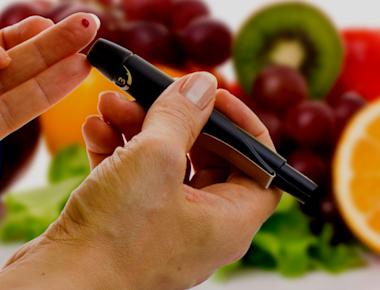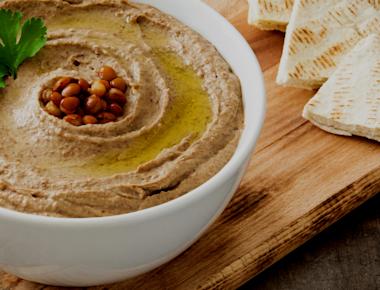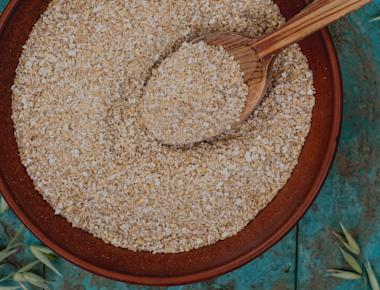

Table Of Contents
The Effects of Hyperglycemia on the Body during Cardiopulmonary Bypass
Hyperglycemia is a common complication during cardiopulmonary bypass (CPB). This condition may be due to several factors. This includes reduced insulin levels due to nonpulsatile flow during CPB and hypoperfusion (reduced blood flow) in some vital organs such as the pancreas. This decreases the production and release of insulin by the pancreas. Additionally, insulin may be adsorbed to the CPB circuit, and patients may become insulin resistant.
Can Magnesium Help Blood Sugar Control?
Magnesium is essential for blood sugar control because it makes the body cells more receptive to insulin. The body needs this hormone to enhance the entry of glucose into the body cells. Hypomagnesemia (or magnesium deficiency) is associated with insulin resistance and hyperglycemia (high blood sugar).
Hypomagnesemia can be caused by any perioperative factors (or things that happen during, immediately before, and after surgery). For example, magnesium can be lost through: - Urine (caused by diuretic and digitalis drugs)
- Taking proton-pump inhibitors before surgery - Blood loss or getting a blood transfusion
- Receiving a large dose of calcium - Catecholamines (hormones that respond to stress) that removes magnesium from the cells
- And hypothermia (abnormally low body temperature) that can occur during surgery.
The study aimed to look at the perioperative effects of magnesium infusion on blood sugar levels in patients with diabetes mellitus who were having heart surgery.
The Study Method on Magnesium for Blood Sugar Control in Patients Undergoing Surgery
122 diabetic patients about to undergo cardiac surgery using CPB were allocated randomly and equally into two groups. Group M received a continuous infusion of 5 grams (g) of magnesium sulfate in a 50 ml syringe at 15 mg/kg/hour. The anesthetist started the infusion rate 20 minutes before induction of fentanyl (pain-relieving drug), maintained during surgery until the first 24 hours after the operation. Group C received an equal amount of normal saline.
After the surgery, hemodynamic monitoring was done on the: - Heart rate
- Blood pressure - A continuous electrocardiograph
- Magnesium - Sugar
- And potassium levels, and urine output
The readings were serially done at the following time points: - Baseline (before starting the administration of study medication)
- 15 minutes after induction - Before CPB
- 30 minutes after CPB - Upon admission in the Intensive Care Unit (ICU)
- And at 6th, 12th, and 24th hour after ICU admission
The Results
After induction of fentanyl, the blood sugar level increased in the patients of the two groups. However, the increase was significantly lower in Group M than in Group C.

Hence, the number of patients who needed insulin to manage the elevated blood sugar level, and the dose of insulin needed were lower in Group M than in Group C.

There were minimal changes in the blood level of potassium in Group M and a significant decrease in Group C. The difference between these two groups was significant.

The heart rates decreased in Group M patients but increased in patients of Group C. The difference between the two groups was significant. Changes in the average arterial blood pressure were minimal in patients of Group M but showed an increase in Group C, and the difference between the two groups was statistically significant.


The urine output was higher in Group M than in Group C. The length of stay in the hospital and Intensive Care Unit significantly decreased with Group M than Group C.


It was easier for patients in Group M to wean from CPB than Group C. Patients of Group M required smaller doses of pharmacological support (dopamine, epinephrine, norepinephrine, and nitroglycerine) than Group C. The occurrence of postoperative arrhythmias was lower in Group M than in Group C.


The Conclusion
The infusion of magnesium sulfate showed it can better manage the increase in the blood sugar levels of diabetic patients undergoing cardiac surgery. It lowered the need for insulin and minimized the changes in the potassium level in the blood. These perioperative effects of magnesium sulfate can lead to faster recovery of the patients.
Reference
Health Enthusiast
Expertise
Subscribe to our newsletter!
Quick Links
Legal Stuff








